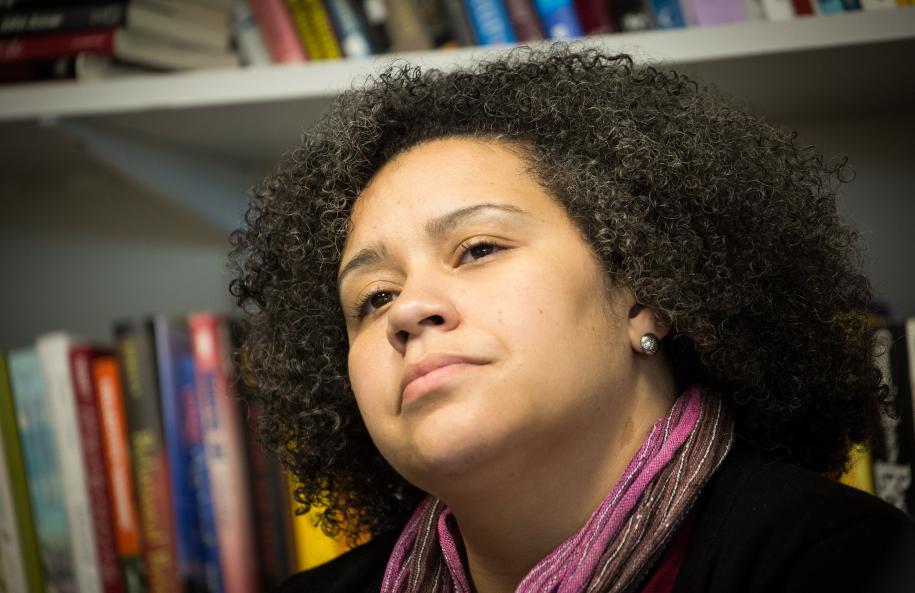
Breadcrumb
- Essential Partners
- Our Impact
- News and Notes
- Guide to Mindfulness: Try Being Your Own Best Friend
Guide to Mindfulness: Try Being Your Own Best Friend

Walking around before teaching a new workshop, my best friend said to me, “You know, John, you‘re a really good teacher and you are always more prepared than you think. This is a good agenda for today.” That was kind of him to say…well, he didn’t actually say that…I said it for him. It was part of a new exercise that capitalizes on the proven power of self-talk…with a twist.
Here's how it works:
- Imagine a difficult conversation you are about to have – some situation where you are going to have to say or listen to something that will be a real challenge to you.
- Imagine your best friend by your side. This should be someone who knows you at your best, who knows how courageous and wise you can be at your best.
- Take that friend for a walk and listen as s/he reflects to you what s/he knows about your deep resources for this conversation. Let that friend remind you of your best self - your most wise, creative, strong and compassionate self and how you can navigate this upcoming conversation with those resources. Be sure to let this come from your friend’s voice, as they would say it to you.
- Find a partner and tell them what your friend said to you – listen to what their friend said to them.
This particular exercise does three things that are an important part of bringing more mindfulness to our interactions.
- It restores trust.
These challenging conversations are often had in an atmosphere of mistrust, something has happened in the relationship such that we don’t feel fully trusted – a state that is by its very nature threatening.
By reflecting on a trusted friend, we inject a level of trust into our system that singularly restores our sense of calm, allowing our best self to come forward. - It calls forth our greatest assets.
Listening to affirmations about ourselves forces us to spend time around the deep well of our own resources, reflecting on past successful interactions. Recalling our innate strengths enables us to approach a challenging situation from a place of capacity rather than a place of deficit. - Distance does make the heart grow fonder.
Lastly, new findings are revealing that self-talk in the second and third person is far more effective at supporting our positive feelings and improved performance than is self-talk in the first person.
Unlike the tactic of the Little Engine that Could (“I think I can; I think I can”), try addressing yourself by name, as an outsider. “When dealing with strong emotions, taking a step back and becoming a detached observer can help,” psychologist Ethan Kross, who has specialized in the psychology of eating disorders, explains. “It is very easy for people to advise their friends, yet when it comes to themselves they have trouble.
But people engaging in this process, using their own first name, are distancing themselves from the self, right in the moment and it helps them perform.” By imaging the voice of the friend advising you, speaking to you, using your name, you create distance from the part of you that has been stuck in the place of self-doubt, anger, or threat, giving you enough reflective space to observe, reflect on, and perhaps change what you’re bringing to a situation or a conversation.
The most important thing I have learned from my teachers at Essential Partners is the power of preparation or what in reflective practices we call reflecting before as opposed to reflecting in or reflecting on. This kind of reflective practice supports our preparing to have the positive interactions and dialogues we desire.
My friend’s advice worked, by the way. Whether the workshop succeeded or not is better answered by the participants, but I felt better and more prepared to go into it, and that calmed my nerves and helped me stay in the moment. So next time you’re preparing for a challenging meeting or a difficult conversation, make time to take your friend for a walk. Let her tell you how great you are, and then go and prove her right.
